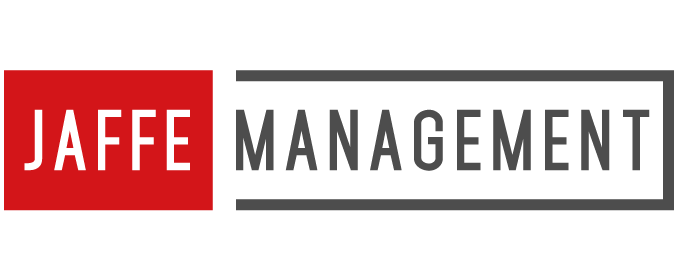02 Jan 2023 Is a Hybrid Workplace the Future of Your Association’s Office Operation?
With the fourth year of covid soon upon us, as well as long covid, RSV, flu, and other health concerns, many people are struggling with the traditional office work model. No sooner did many employees return to the office than a new wave of illnesses hit the US, which has made it hard for people to get to work.
It’s clear this may be an issue for some time to come, and many workplaces are therefore considering hybrid offices (77 percent, according to one survey), especially those for whom permanent full-time remote work isn’t practical. Here’s what you need to know about hybrid workplaces, so you can decide if it’s right for your association.
What Is a Hybrid Workplace? How Hybrid Offices Typically Structure Work
Hybrid workplaces use a blend of remote and in-office work, similar to hybrid events. The schedule is usually arranged in one of three ways:
- At will – employees decide if and when they will go into the office
- Split week – days for remote work and in-office work are scheduled in advance and typically follow a set schedule each week
- Manager scheduled – whomever is in charge of the association’s staff decides when they may work remotely, which may vary depending on workload or employee requests
If you have employees who work on the other side of the globe, you might use a fourth plan, which dictates that some people are permanently remote while others dip in and out of the office on one of the above schedules.
The Benefits of a Hybrid Workplace
For most groups, the advantages of a hybrid office outweigh any downsides. Some of the most commonly touted benefits include:
- It’s easier to recruit new hires and retain existing staff, as the opportunity for remote work makes employees happier.
- Many employees see a net gain in income with even part-time remote work, once they don’t have to pay for gas, parking, public transportation, pet care, or lunches. Most are willing to accept this tradeoff in lieu of a pay raise.
- Associations can use a hybrid model to trial a completely virtual office to see if it works for their needs.
- Organizations can hire globally, provided they have some employees in the office when necessary.
- Employees who have an ill child or car problem and are still able to work from home can get work done and don’t have to use sick days.
- If your area experiences a spike in a contagious virus, you can minimize employee illness by letting people work at home.
- Employers may be able to downsize their office space and reduce equipment, thereby realizing significant cost savings.
- A Stanford University study of 16,000 workers showed that productivity increased by up to 13 percent for remote workers. For some people, such as those with a low tolerance for distraction, at-home productivity may go up even more.
Caveats When Using a Hybrid Work Model
To ensure a hybrid workplace functions well for your association, you want to set yourself up for success from the start. Make sure everyone is in agreement about the schedule, and have a plan in place to review it periodically.
Arrange the association office according to your hybrid schedule. For example, if employees flip flop timetables, you may only need one desk for both of them. However, if workers are coming and going at will, you may still have to provide workspaces to accommodate everyone being in the office together or offer a sign-up schedule for desks.
If employees are spending a considerable amount of time working remotely, give them the right tools for the job, such as laptops, printers, and work phones. This makes the separation of work and personal life easier for everyone and provides better cyber security
Create a policy for how people in the office will communicate with remote workers and vice versa. Avoid excessive tracking and Big Brother techniques that will make employees feel like they’re constantly being monitored. If you don’t trust your employees to work remotely, a hybrid model isn’t for you. It’s perfectly appropriate, though, to have a daily or weekly meeting by phone or online video to check in.
Is your association struggling with staffing or thinking about going virtual? Sometimes outsourcing tasks to the team here at Jaffe Management may be the best and most economical solution. We provide a full range of services for associations and nonprofits, including a headquarters office, membership administration, and social media management. We can be the perfect complement to your hybrid work model. Call us at 212-496-3155 to learn more, or reach out at: info@jaffemanagement.com.


